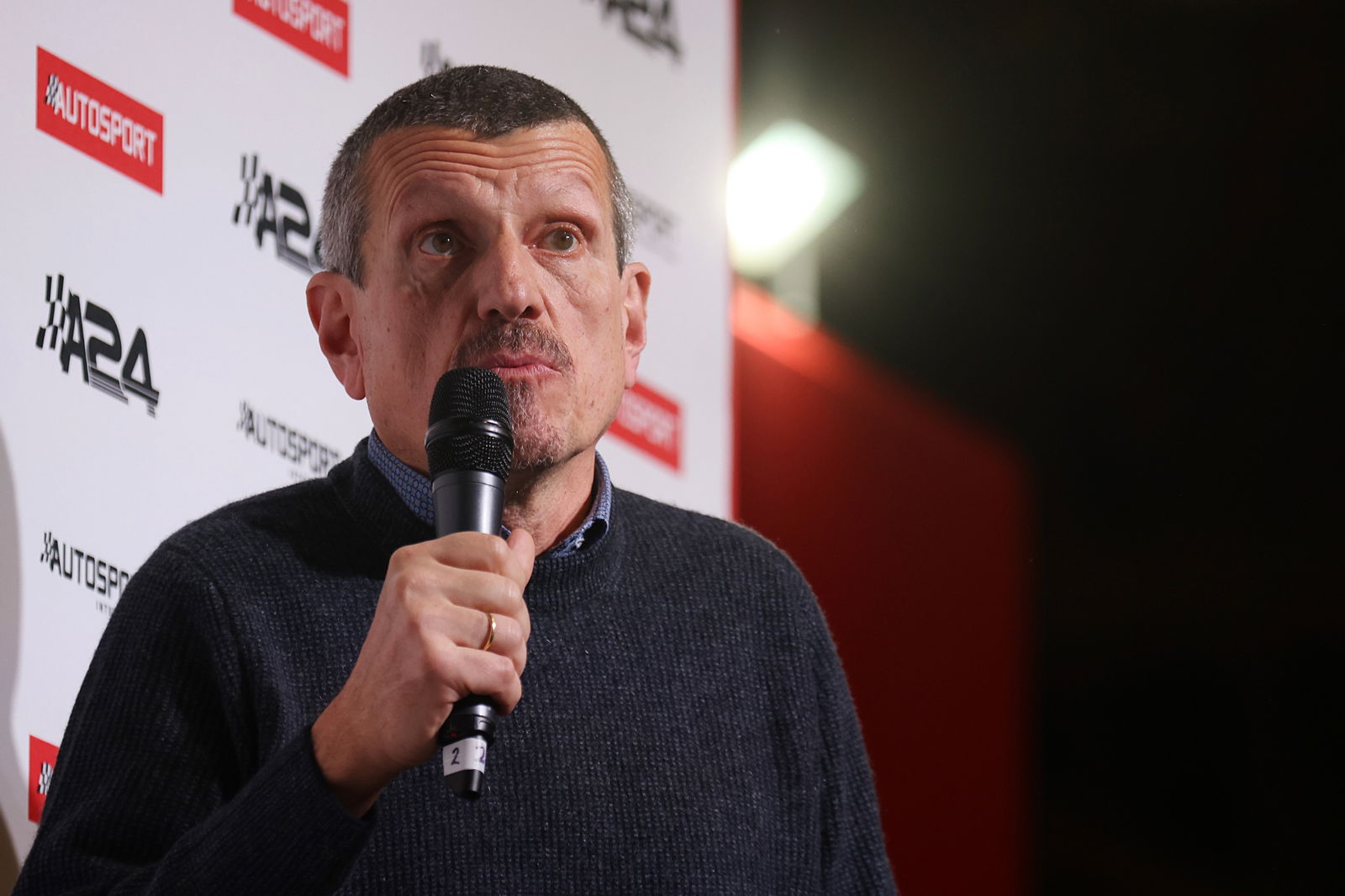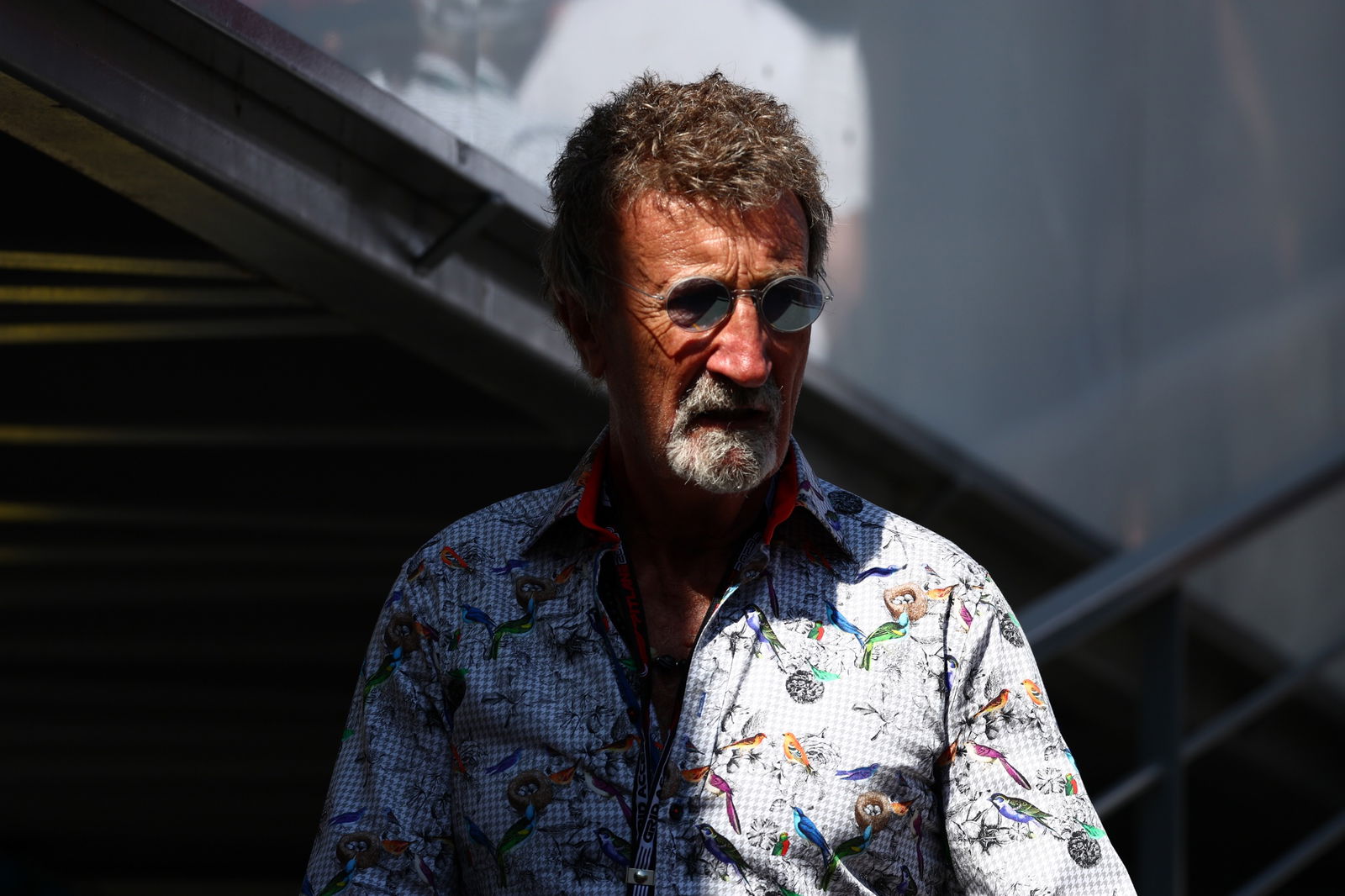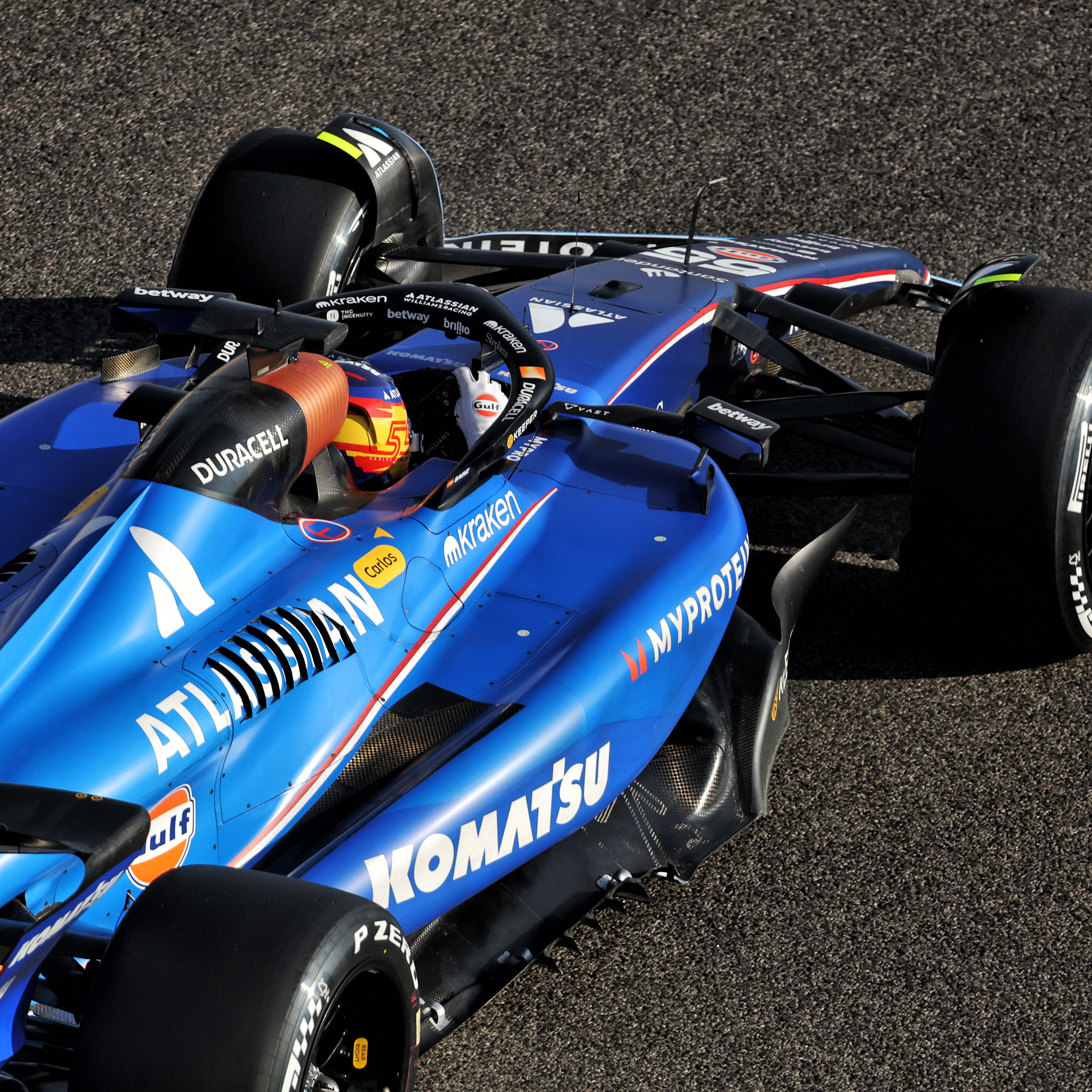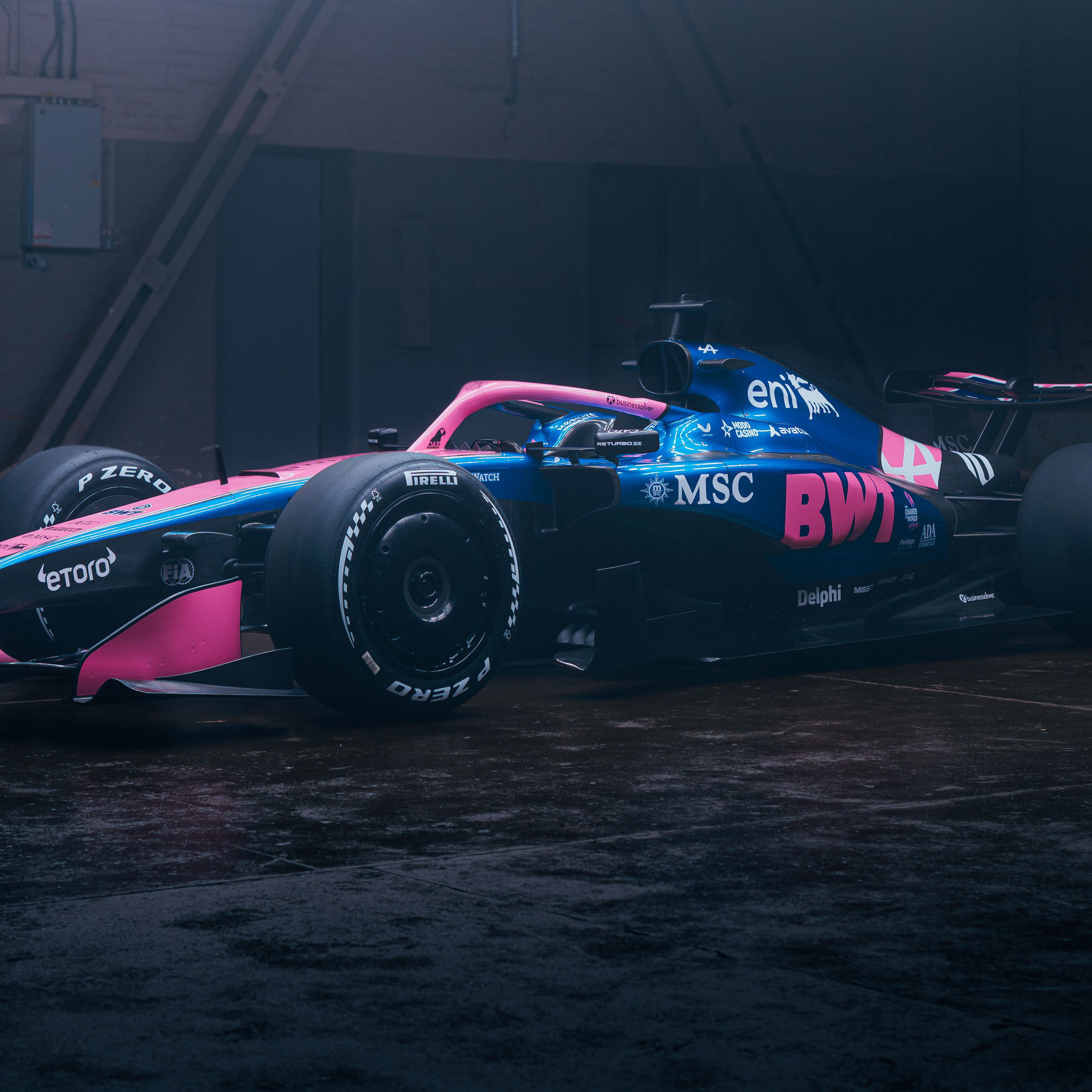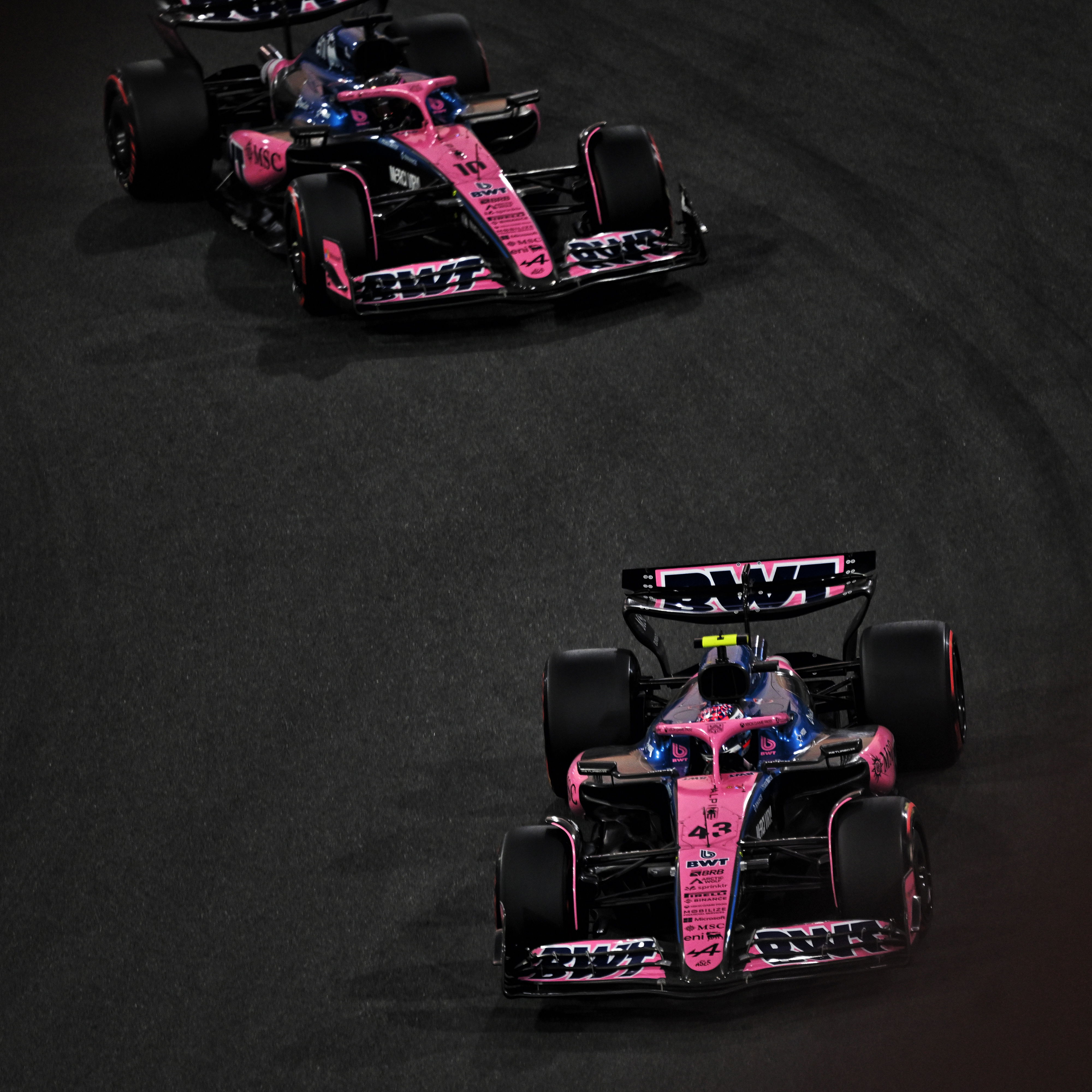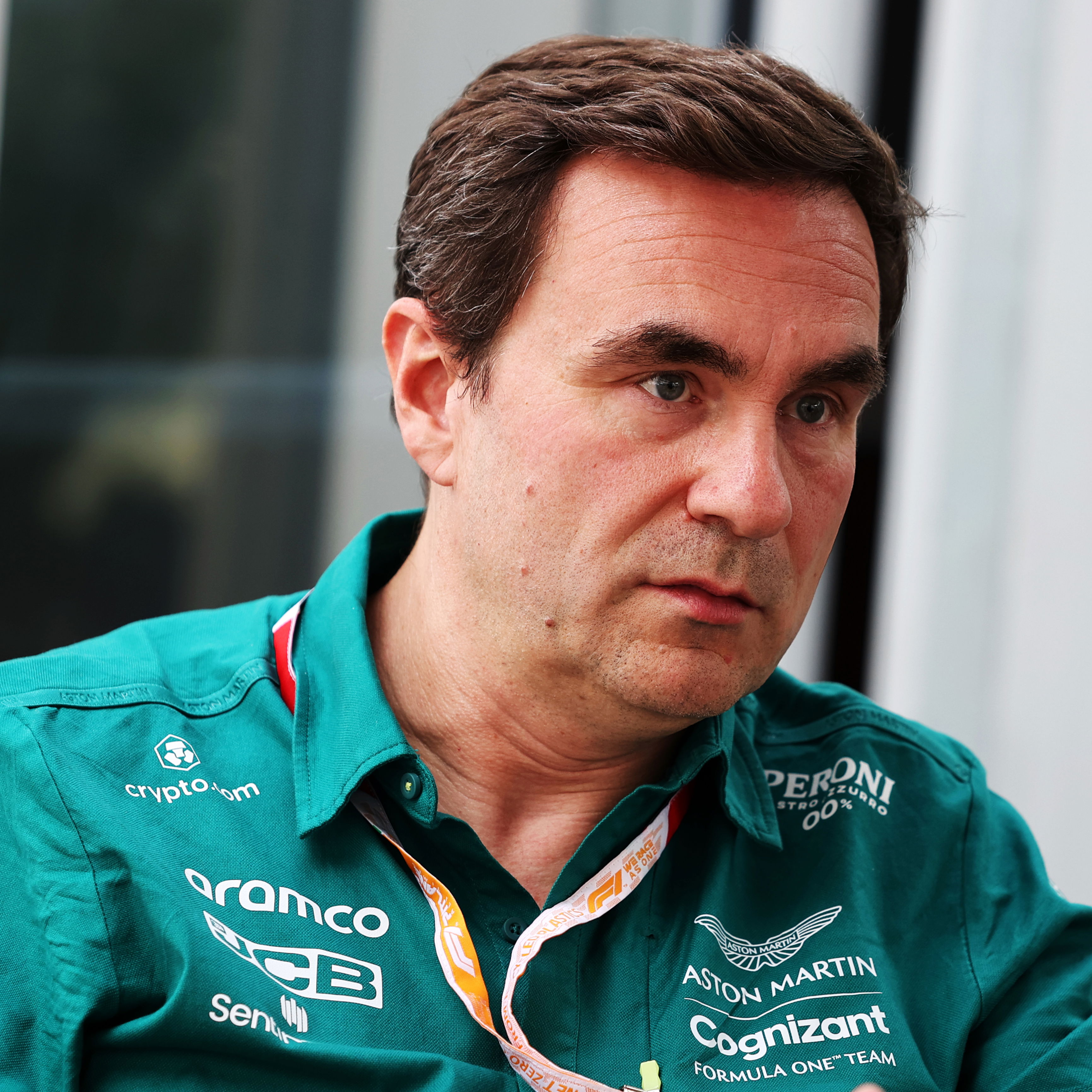Ranking Max Verstappen’s F1 teammates: From Carlos Sainz to Sergio Perez

5) Pierre Gasly
Pierre Gasly was given the call-up to Red Bull following Daniel Ricciardo’s shock switch to Renault for 2019.
Gasly had enjoyed a strong 2018 campaign with Toro Rosso, even if his teammate at the time, Brendon Hartley, was an unknown quantity.
Life at Red Bull immediately started on the backfoot for Gasly, crashing heavily twice at the Circuit de Barcelona-Catalunya in pre-season testing.
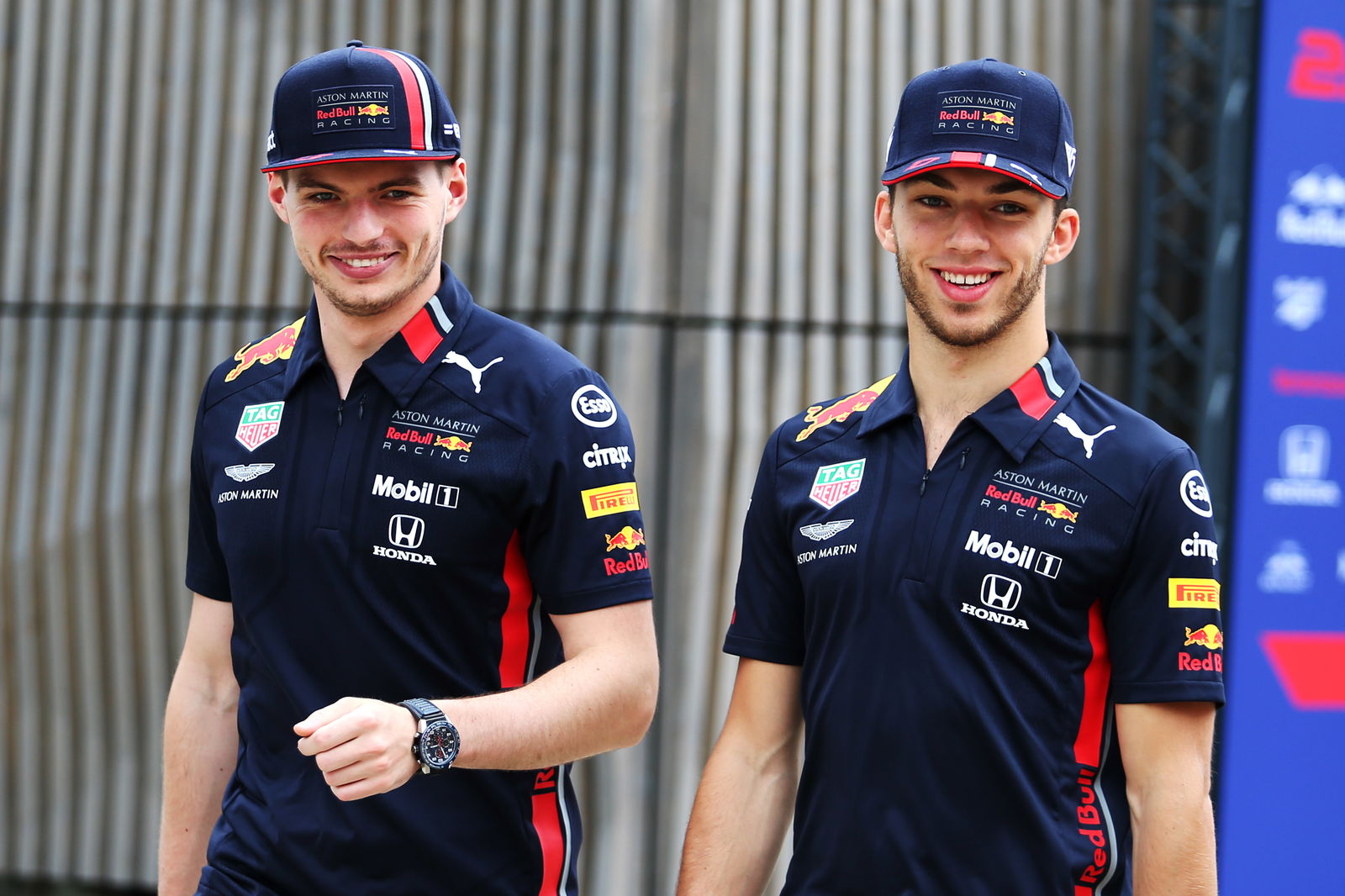
Things didn’t get better for Gasly as his struggles continued into the actual season, often languishing behind Verstappen.
In Austria, Gasly was lapped by the Dutchman, who ultimately won the race at the Red Bull Ring.
After just 12 races, Gasly was dropped and demoted back to Toro Rosso, giving Alex Albon the chance to shine at Red Bull alongside Verstappen.
During his short stint with the team, Gasly had scored just 63 points, 118 points fewer than Verstappen - barely 25 per cent of Red Bull’s total for the year.
His attitude was also questioned following a rumoured fall-out with technical guru Adrian Newey.
4) Alex Albon
Albon lasted longer than Gasly - and on the whole - fared slightly better.
His first half a season with Red Bull in 2019 was respectable, picking up 76 points compared Verstappen’s 97.
While there was still a significant pace difference between the pair, a step over the winter from Albon for 2020 would have given Red Bull a very competitive driver pairing.
However, a trickly-handling RB16 - combined with Verstappen's consistent world-class level of performances - meant like Gasly, Albon struggled to get close to his teammate.
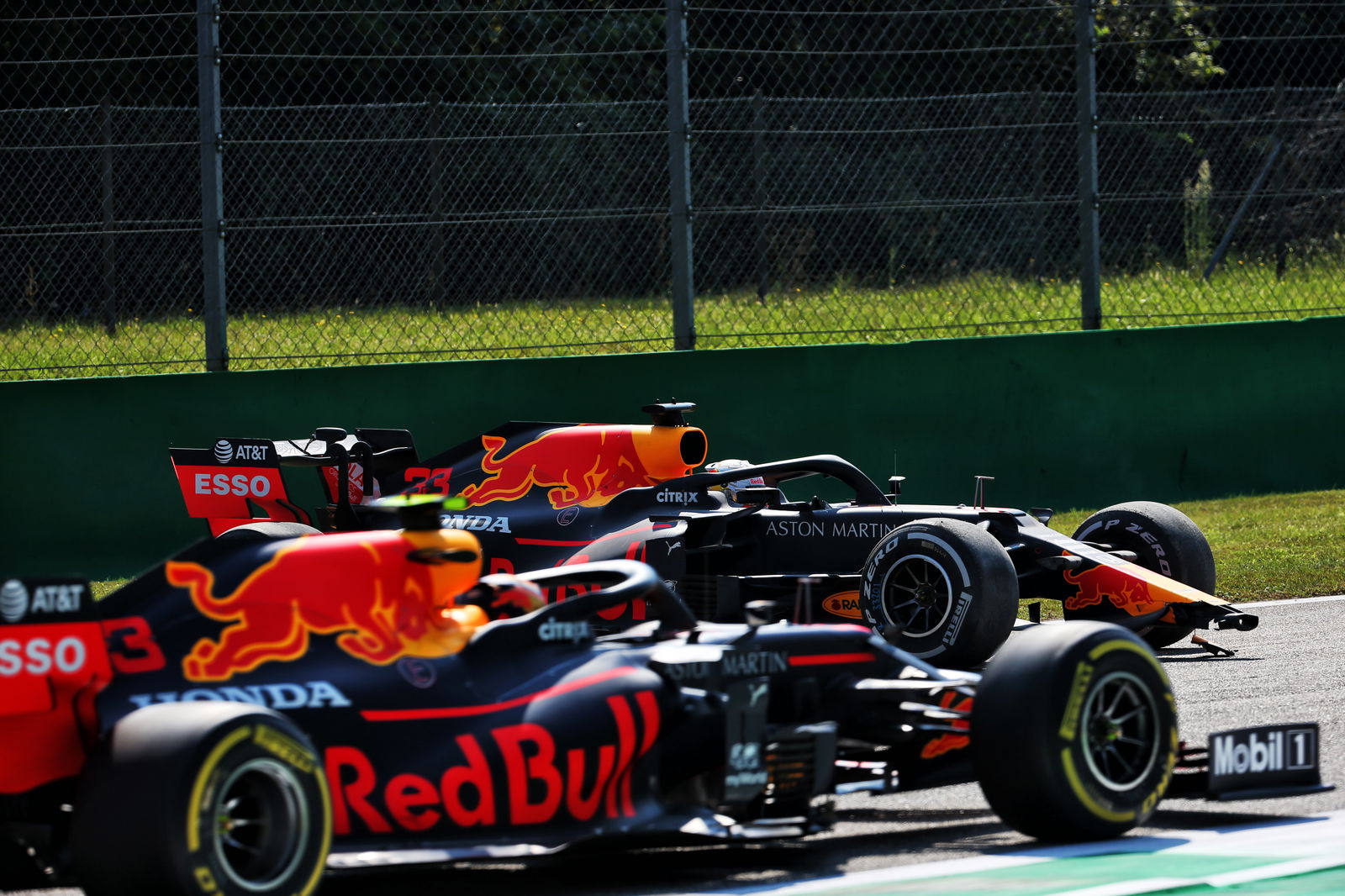
Albon was whitewashed 17-0 in qualifying, and never finished ahead of Verstappen when both cars made the chequered flag.
Inevitably, Red Bull dropped Albon following the 2020 Abu Dhabi Grand Prix.
3) Sergio Perez
After Gasly and Albon didn’t work out, Red Bull searched outside of their own junior programme for a more experienced, proven option.
Sergio Perez was given the nod over Nico Hulkenberg for 2021, with Red Bull looking to challenge Mercedes for the major honours.
His arrival at Red Bull coincided with the team's upturn in performance relative to Mercedes, meaning Perez's results were always going to look more flattering compared to his predecessors.
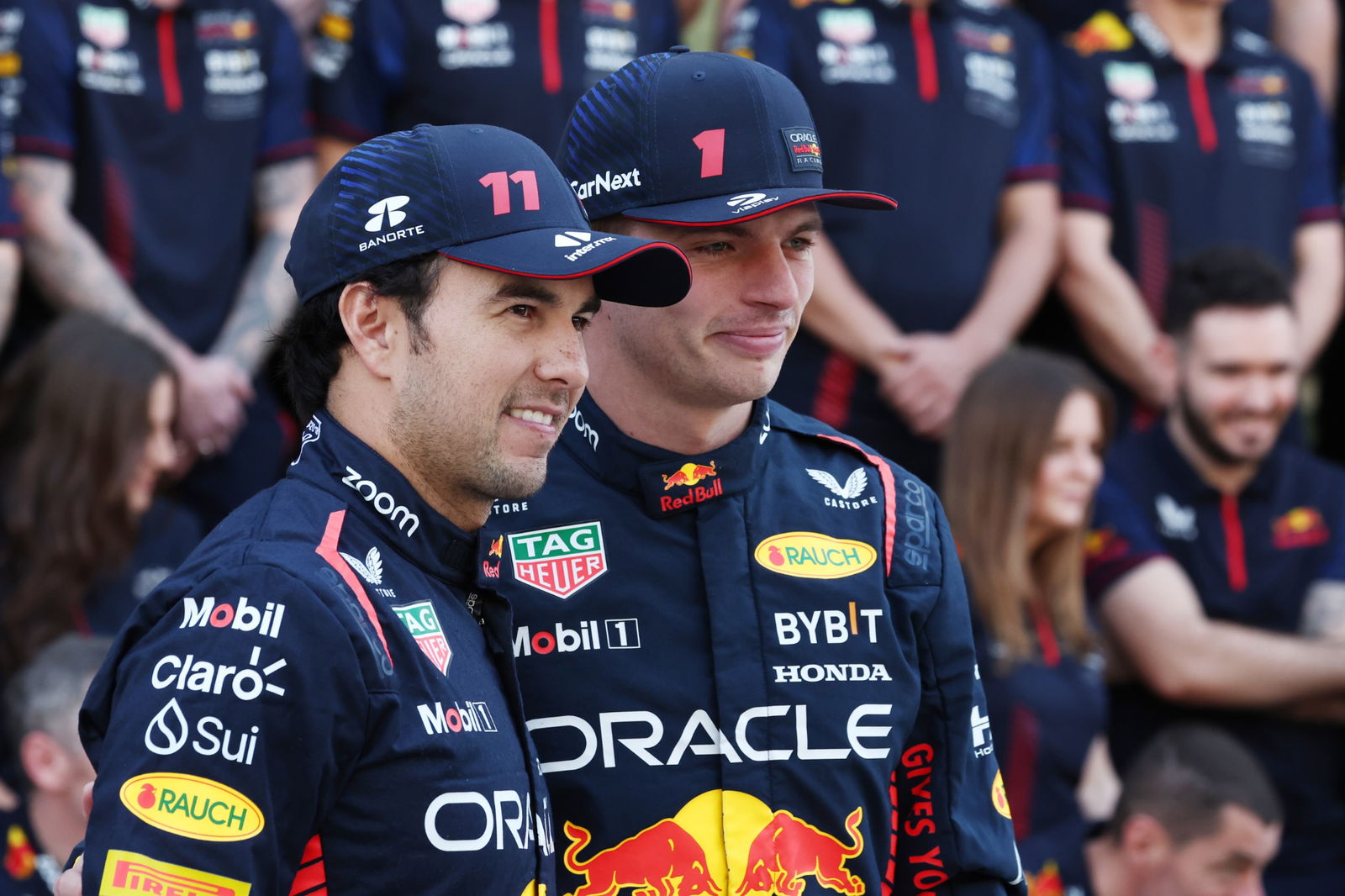
To his credit, Perez played an integral role in Verstappen’s triumph over Lewis Hamilton in 2021 with his stern defence at the Turkish and Abu Dhabi Grands Prix.
In overall performance terms, Perez has been a marginal upgrade on Albon, but his ability to pick up infrequent race victories, and bounce back from adversity puts him just ahead on our list.
2) Carlos Sainz
Verstappen and Carlos Sainz formed Toro Rosso’s all-rookie line-up in 2015.
The pair were generally evenly-matched as Sainz came out on top in the qualifying head-to-head 10-9.
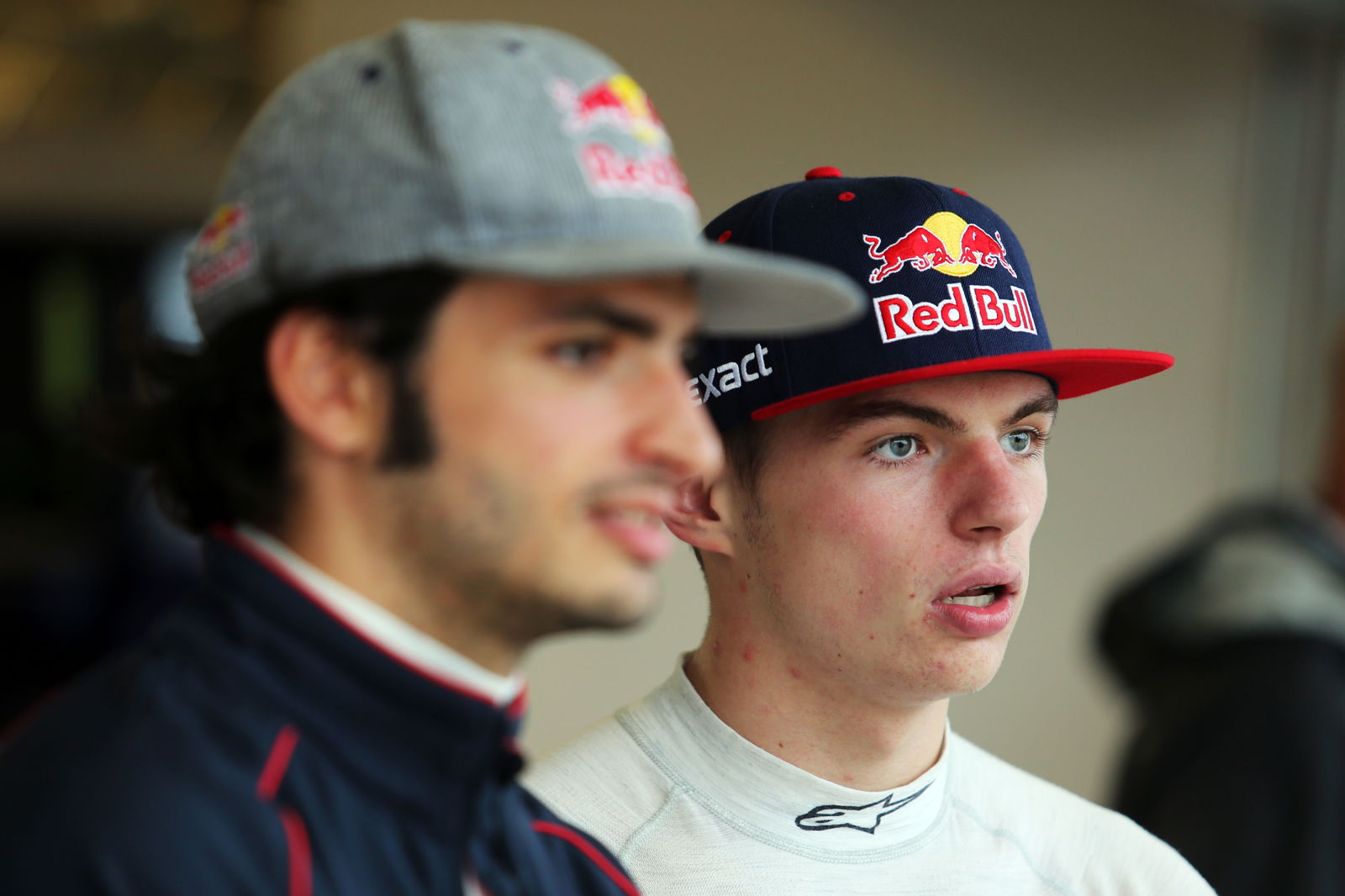
Verstappen’s prowess on race day - something that is even more apparent in the modern day - put him well ahead in the final championship standings.
Granted, reliability and lady luck wasn't on Sainz's side with seven DNFs in 2015 but Verstappen ultimately had the edge overall.
It's easy to forget that Verstappen was just 17 at the time, and 2015 was his second year in single-seaters, giving Sainz a significant advantage in terms of racing experience which he was unable to make the most of.
The pair were split up after just four races in 2016 as Verstappen replaced Daniil Kvyat at Red Bull.
Sainz would never get the chance to go up against Verstappen again as Red Bull feared replicating the widely-reported "toxic" team environment that existed at Toro Rosso.
1) Daniel Ricciardo
There are no doubts that Ricciardo has been Verstappen’s strongest teammate.
It's probably why Red Bull are keen on bringing Ricciardo back to the team in 2025 should Perez continue to struggle for form.
During their time as teammates, Red Bull had the best driver pairing on the grid, but never had the machinery to truly challenge Mercedes or Ferrari on a consistent basis.
Ricciardo had the immediate edge in 2016 as Verstappen got accustomed to his new team (even if Verstappen did win remarkably on his Red Bull debut).
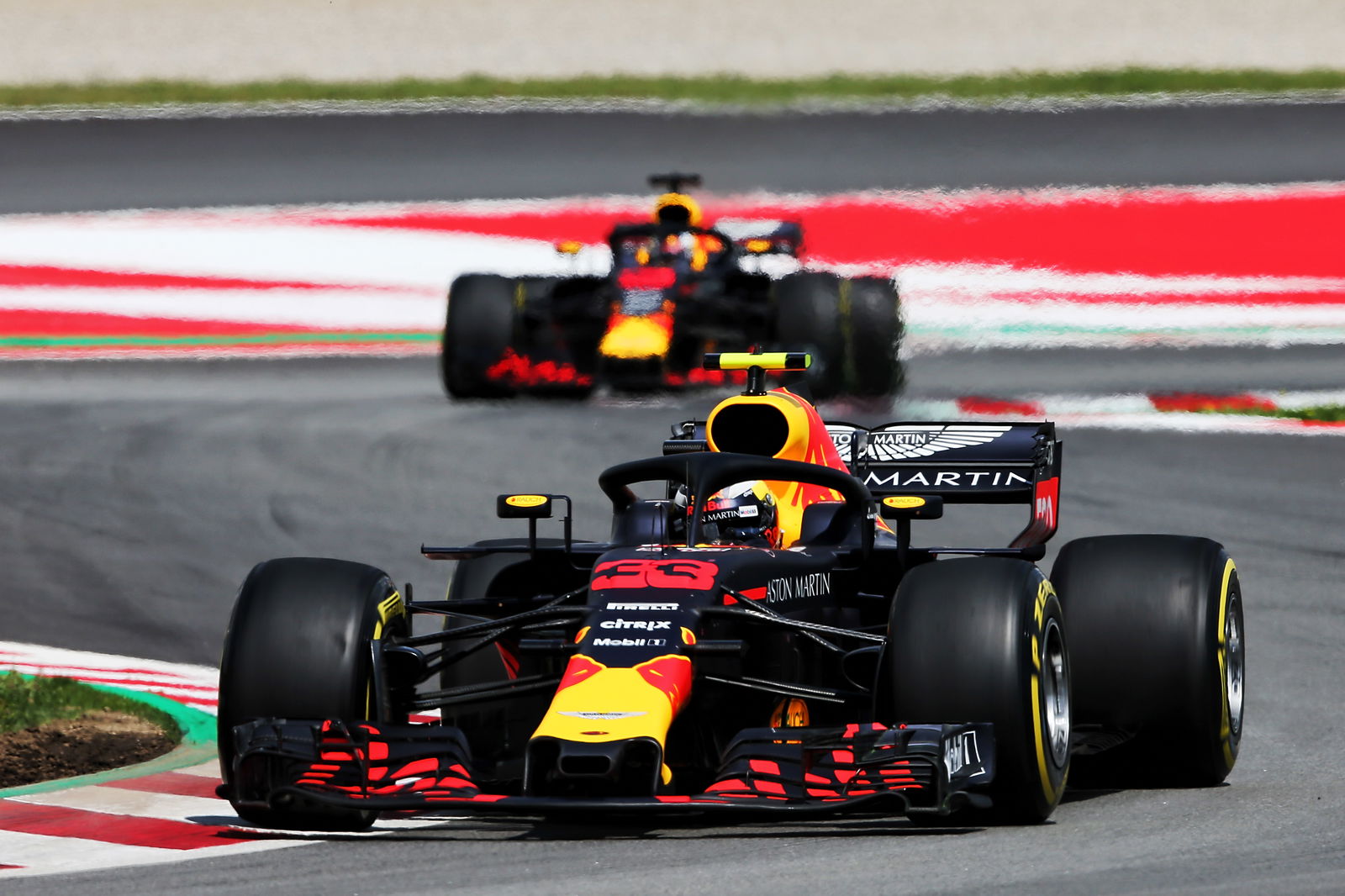
As time went on, things got closer, even if Ricciardo finished ahead in the 2017 world championship, Verstappen had the lion share of poor reliability.
The tide started to turn in 2018 - their final year as teammates - as Verstappen dominated every metric, beating Ricciardo 14-5 in qualifying.
2018 proved to be the turning point in Verstappen’s F1 career, particularly his nightmare Monaco weekend, which ironically, Ricciardo won.
The gap between the pair only increased, and tensions boiled over after their crash in Baku.
Ricciardo left for Renault as Red Bull truly became Verstappen's team.
2019 and 2020, as Ricciardo battled it out in the midfield, Verstappen continued to grow as a driver before becoming the driver to finally overcome the dominant force that was Hamilton.
